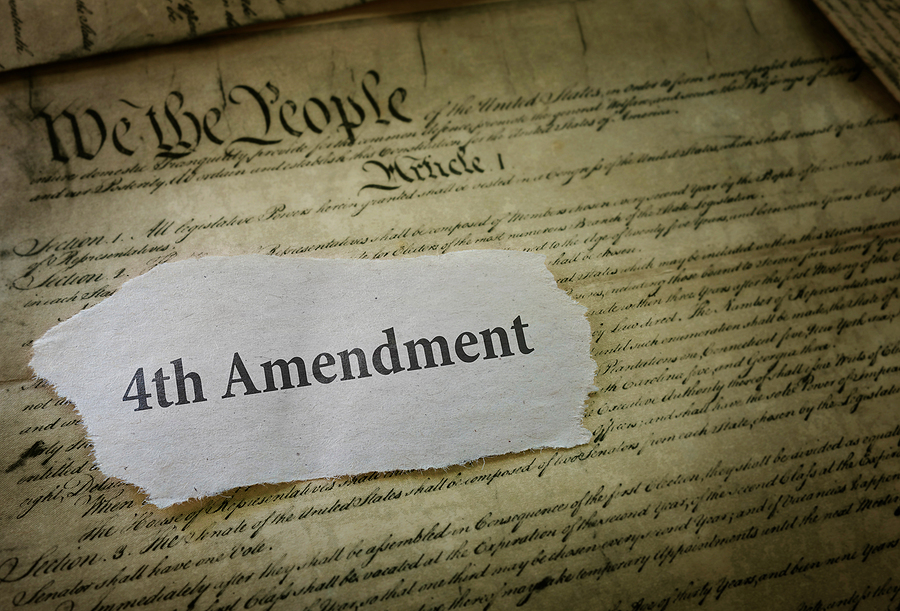The Fourth Amendment protects against unreasonable searches and seizures. The Fourth Amendment is a fundamental right that is critical during arrests. However, law enforcement officers sometimes violate this right. When they do, it can impact their qualified immunity. Qualified immunity protects government officials from lawsuits. It protects them while performing official duties. An officer can't violate the rules. Violating Fourth Amendment rights during an arrest can expose them to legal action. Fourth Amendment violation may lead to a potential lawsuit. Let's try to understand how Fourth Amendment Violations can end police-qualified immunity.
Understanding Qualified Immunity
Qualified immunity shields police officers from civil liability. It also protects other government officials. Qualified immunity applies when their actions do not violate established rights. A reasonable person would know these rights. The rights can be statutory or constitutional. However, this protection is not absolute. Courts assess violations of a person's Fourth Amendment rights by law enforcement and government officials. Courts look at the time of the conduct. Courts also evaluate if the official's actions were objectively unreasonable. They consider the law when making this assessment.
Fourth Amendment Violations and Qualified Immunity
A pivotal point is whether an officer had reasonable suspicion or probable cause. The determination of this fact matters in litigation involving police conduct. If an officer conducts a search or arrest without probable cause, they are likely to violate the Fourth Amendment. This violation can negate qualified immunity. A Fourth Amendment violation occurs if the right was established at the time.
Court Law and Precedent
The Fourth Amendment establishes the right of individuals to be secure against unreasonable searches and seizures. The Supreme Court discussed this in cases like Mullenix v. Luna (2015). The Supreme Court also discussed it in Kisela v. Hughes (2018). These two cases involved questions regarding the application of qualified immunity.
Objective Reasonableness
Courts use an "objective reasonableness" test to see if an officer should have known their actions were wrong. They consider similar situations when deciding whether qualified immunity should apply.
Impact of Violations on Qualified Immunity
Sometimes, officers search or arrest people without a valid reason. If courts decide this violates clear rights, it affects qualified immunity. Civil rights lawsuits can challenge qualified immunity against officers in these cases.
Implications of Removing Qualified Immunity
It holds the officer responsible for their actions and acts as a deterrent against future misconduct. Removing qualified immunity enables victims to seek damages. Victims can seek compensatory damages. Besides, victims can sometimes seek punitive damages. The loss of qualified immunity provides a route for redress and correction.
Conclusion
The Fourth Amendment's protections are integral to the law. Those laws govern the legal framework for police conduct in the United States.
It is possible to challenge qualified immunity when officers violate these protections. The law holds officers accountable for disregarding constitutional rights. Under 42 U.S.C. § 1983, individuals can sue for damages when government officials violate their constitutional rights, and the loss of qualified immunity allows for accountability and redress. So, you need to understand these legal nuances. It is essential for law enforcement and the public. Knowing the law ensures that Fourth Amendment liberties and rights are protected. Besides, it keeps the balance between individual rights and police actions.
Disclaimer:
The content provided on this blog is for general informational purposes only and is not intended to constitute legal advice. Laws and regulations are complex, frequently subject to change, and may vary depending on jurisdiction. As such, readers should not act upon or rely on any information presented on this blog without first consulting with a qualified and licensed attorney who can address and tailor guidance to your unique legal circumstances.

